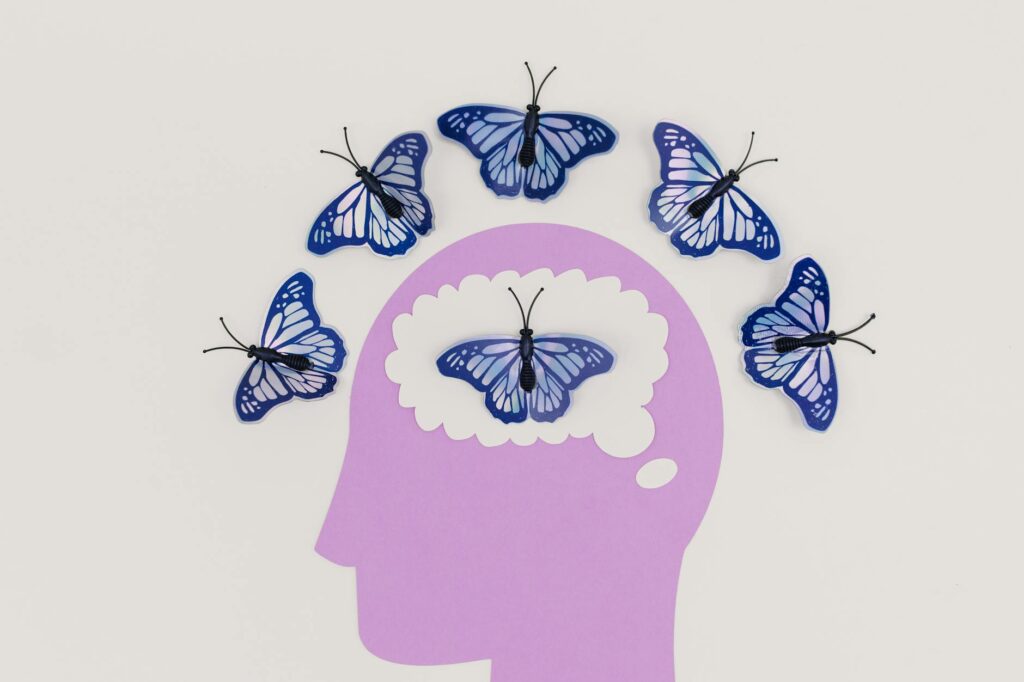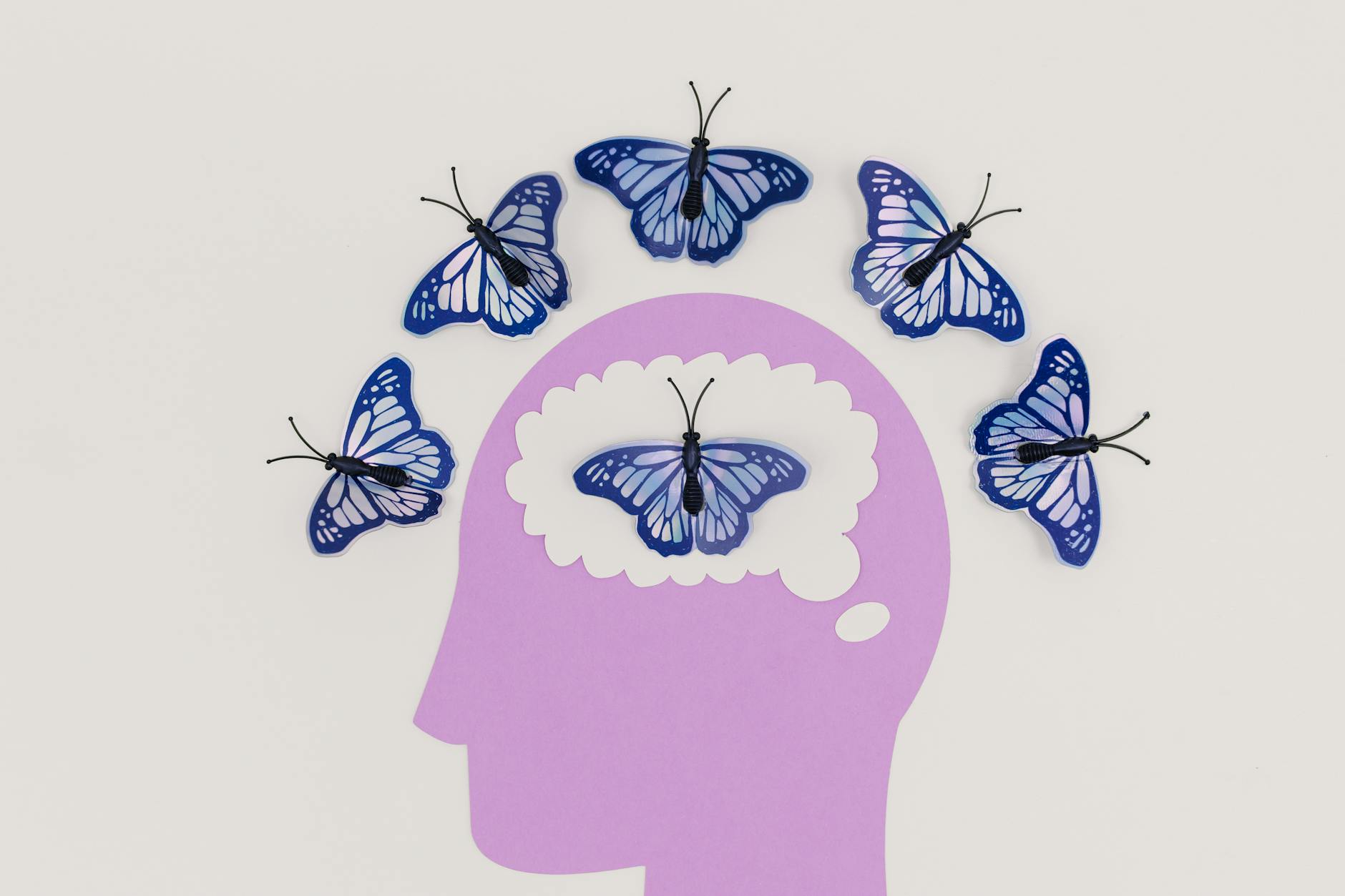What is cognitive breaks?

What is cognitive breaks?
Cognitive breaks are short pauses taken during work or study sessions to give your brain a chance to rest and recharge. These breaks play a crucial role in enhancing productivity and maintaining mental health. In a fast-paced world, where we often push ourselves to keep going, understanding the significance of cognitive breaks can lead to improved focus, creativity, and overall well-being.
Understanding Cognitive Breaks
Cognitive breaks are not just about stepping away from your desk or putting your pen down. They are intentional pauses designed to allow your brain to recover from intense concentration and prevent burnout.
Definition of Cognitive Breaks
Cognitive breaks can be defined as structured pauses that involve disengaging from tasks to refresh your mental processes. For instance, after a long study session, taking five minutes to stretch, grab a snack, or even meditate can significantly enhance your cognitive abilities. These breaks can vary in length and activity, from a few deep breaths to a quick walk outside.

Photo by Tara Winstead
The Science Behind Cognitive Breaks
Research has shown that cognitive breaks are essential for optimal brain function. According to studies, implementing brief breaks during study sessions can lead to better retention of information and improved performance on tasks. For instance, a report from Edutopia highlights how regular breaks can significantly reduce mental fatigue and enhance concentration.
The brain operates best when it is not overstimulated. Taking breaks allows it to consolidate information and reset, making it more effective when you return to your work.
Benefits of Taking Cognitive Breaks
Incorporating cognitive breaks into your routine comes with a plethora of benefits that can transform how you work and study.
Improved Focus and Concentration
One of the most immediate benefits of taking cognitive breaks is the enhancement of your focus. When you engage in a task for too long without a break, your concentration levels tend to wane. By stepping away for a few minutes, you can return to your work with renewed focus and clarity. A study found that students who took regular breaks performed better on tasks than those who did not, illustrating the importance of these pauses in maintaining attention levels.
Enhanced Creativity and Problem Solving
Have you ever noticed that your best ideas come to you when you’re not actively working? This phenomenon can be attributed to cognitive breaks. When you allow your mind to wander, it encourages creative thinking and problem-solving. Stepping away from a challenging task can provide the necessary mental space to approach it with a fresh perspective. Research indicates that taking breaks, especially those involving physical activity or mindfulness, can stimulate creative thinking.
Reduction of Stress and Fatigue
In our strive for productivity, we often neglect our mental health. Cognitive breaks serve as a crucial counterbalance to the stress and fatigue that can accumulate throughout the day. Engaging in relaxing activities during these breaks can help lower stress levels, making it easier to navigate demanding tasks. For more insights on stress reduction techniques, Hampton Tutors provides valuable information on how breaks can enhance cognitive well-being.
How to Implement Effective Cognitive Breaks
Integrating cognitive breaks into your daily routine can be straightforward if you know how to do it effectively.
Types of Cognitive Breaks
There are numerous ways to take cognitive breaks. Some effective types include:
- Physical Activity: Simple exercises like stretching or a quick walk can reenergize your mind.
- Mindfulness: Practicing mindfulness through meditation can help you reset and refocus.
- Short Naps: Power naps last about 20 minutes and can significantly enhance alertness and performance.
Duration and Frequency of Breaks
The effectiveness of cognitive breaks also depends on their duration and frequency. Generally, a 5-10 minute break every hour can be beneficial. However, adjusting this based on the task at hand is essential. For example, after a more intensive session, you might want to take a longer break. Research suggests that even short breaks can lead to substantial cognitive benefits, making it important to find the right balance that works for you.
Conclusion
Cognitive breaks are a vital component of maintaining mental health and enhancing productivity. By understanding their importance and incorporating them into your daily routine, you can improve your focus, creativity, and overall well-being. Whether through physical activity, mindfulness, or simply stepping away from your tasks, these breaks can make a significant difference. So why not start today? Embrace cognitive breaks and watch your productivity soar!